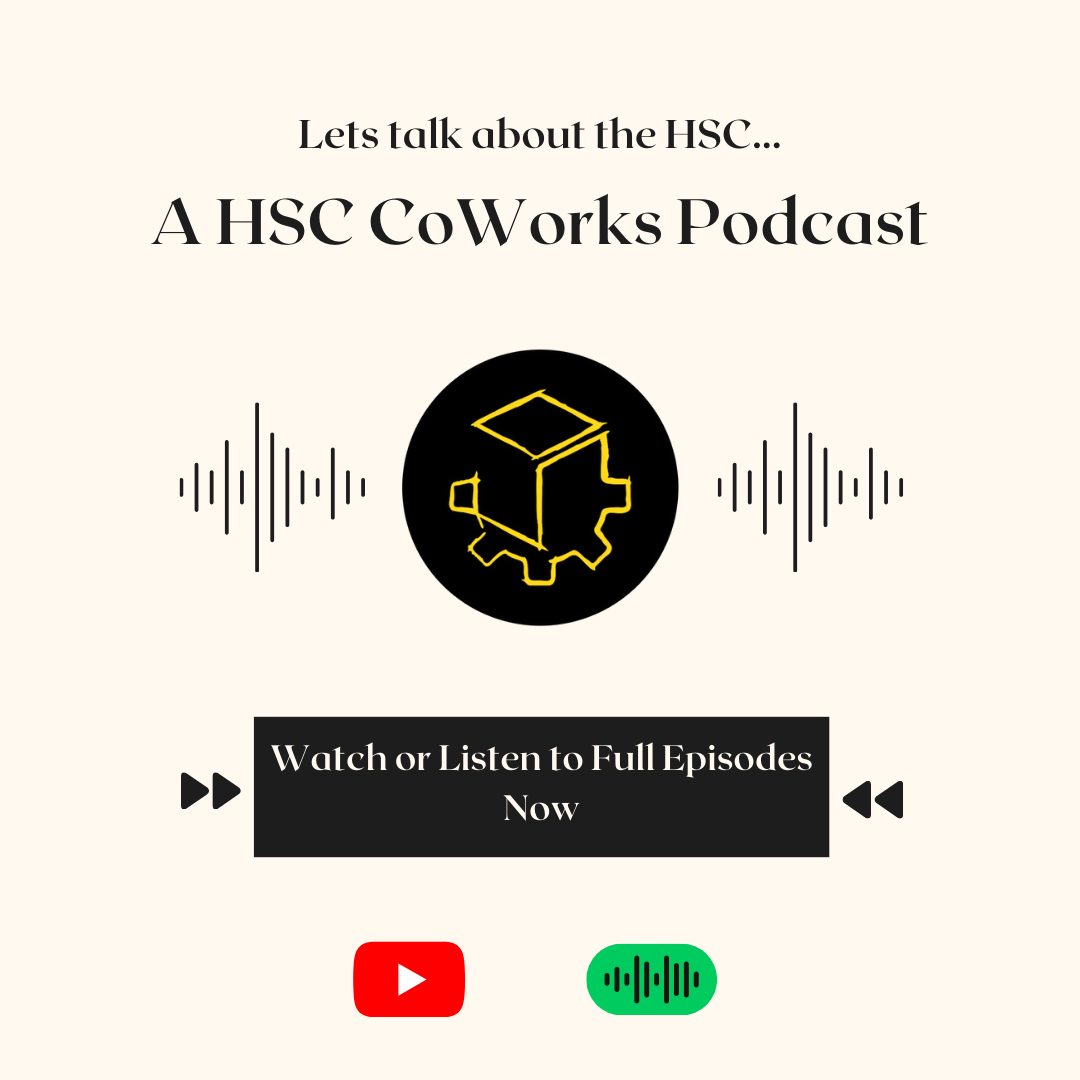The HSC is a pretty confusing timetable. Beginning a year of intense work a couple of months before Christmas is tricky, because it’s easy to look at the long December holidays and try to cruise through the first term of Year 12 without too much effort, just counting down the days until summer. Don’t get me wrong, the holidays are great, but Term 4 2013 is crucial in ensuring you reduce stress and achieve the best results you can later in the year. I’ll tell you why.
5 Reasons Why Putting In The Effort In Term 4 Will Pay Off
1. Once a neural pathway is created, it is always there.
Research into how the brain works suggests that once we learn something, we open a neural pathway in the brain that makes a connection that can always be accessed again. What this means is that building insights this early in the year means that when you are revising your work later on, you’re drawing on understanding that already exists. If you understand things this early on, you’re putting yourself at an advantage for when things really get hard.
2. Creating a habit.
It takes 27 days to adapt properly to a new habit. Moreover, the logic of creating a habit to replace negative practices or procrastination has come up a lot in research. Starting Year 12 often means, to some degree, letting go of activities that you use to waste time. You don’t have to stop watching the Kardashians or Suits forever, just minimising the ten-hour-TV sessions and creating a habit of regular study and dedicated HSC commitment. Creating a habit now will enable you to fall back into that routine when you go back for 2014, and to step up the amount of study accordingly depending on each stage of your HSC.
3. These Assessments Are a Practice Run.
What we tell our students every year is the importance of feeling comfortable in exam conditions. This means putting yourself in exam conditions as often as you can! Each assessment you have tells you more about exactly what the HSC needs from you in that particular subject, and it helps you identify skill or knowledge gaps that you can plug for next time. Pushing yourself for these assessments means that you will feel more confident and perform better later on knowing that you have been properly assessed on your skills and knowledge at this stage of the HSC. (Plus – and I didn’t want to mention this – they do count, even if it’s only a little bit!)
4. Staying out of “drama” mode.
Putting in the hard yards at this stage of the HSC definitely requires some attention to the highest two levels of focus: Vision and Planning. Because your perceived rewards or goals are that far away – be they schoolies, a great result, an awesome university degree – you definitely need to implement some high order thinking to maintain your focus on your vision. You also need to put in quite a lot of planning at this stage, which is what our great coaches at HSC Coworks are well equipped to coach you towards. If you set out your vision, and your planning, now, you’ll avoid falling into negative thinking patterns and disadvantaging yourself through falling into problem and drama mode.
2) You need to learn how you learn.
One of the key principles of neuroscience that we apply here at HSC Coworks is that we recognise that up close, no two brains are alike. Each students has a different set of goals he or she wants to achieve in life, and a different set of connections in the brain that they use to reach insights and create perceptions. What this means for the HSC is that each student learns differently, and needs to support their learning in a different way. This may mean you are one of those ‘visual’ or ‘aural’ learning students, or that a particular method of revision works best for you in learning content. Familiarising yourself with the most effective study techniques that actually work for you is the best way to get prepared for the tough year ahead!










